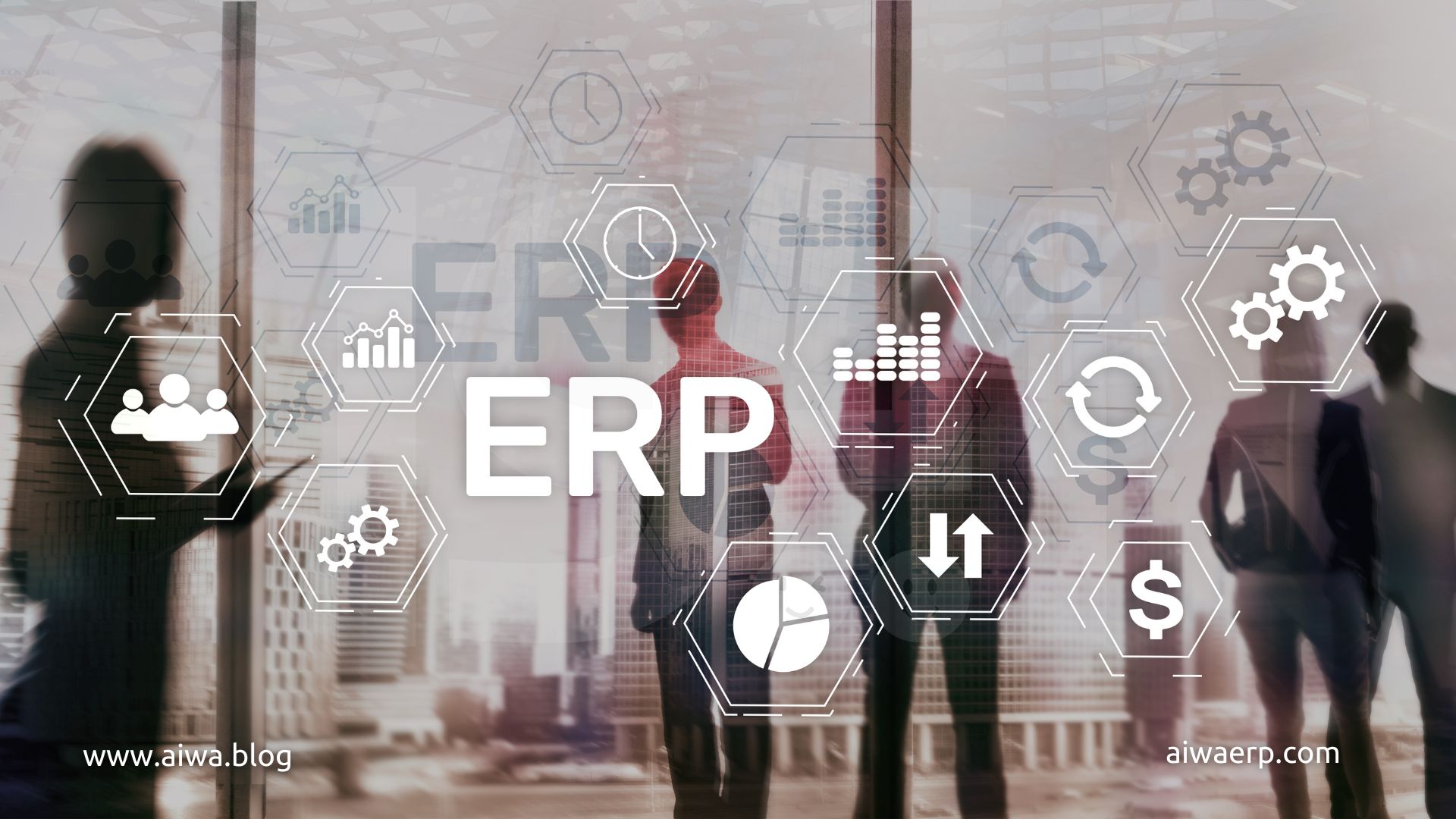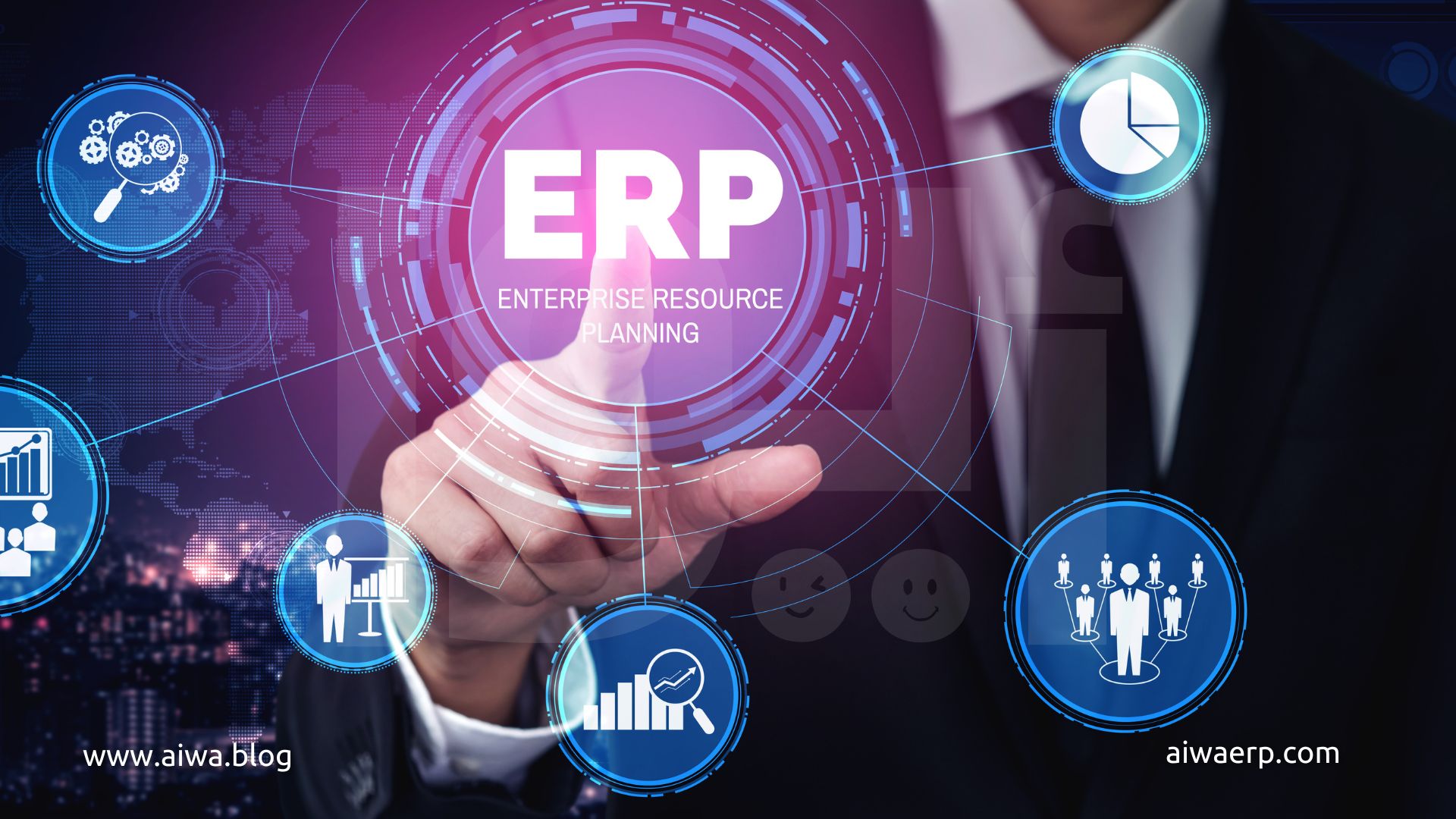In today's data-driven business landscape, making informed decisions is the key to success. Enterprises of all sizes are increasingly relying on Enterprise Resource Planning (ERP) software to simplify and streamline their operations. This blog post explores how ERP empowers organizations to make smarter choices by simplifying data management, analysis, and reporting.

The Power of Centralized Data:
One of the primary benefits of ERP is its ability to centralize data from various departments, making it easily accessible. This centralization eliminates data silos, allowing for a holistic view of the business. With all data in one place, decision-makers can get a comprehensive understanding of their operations.
Real-Time Insights:
ERP systems provide real-time data updates, enabling businesses to react swiftly to changing market conditions. Whether it's monitoring inventory levels, tracking sales, or managing finances, real-time insights enable proactive decision-making.
Enhanced Data Accuracy:
Manual data entry is prone to errors, but ERP automates data capture, reducing the risk of mistakes. This ensures that decisions are based on accurate and reliable information, preventing costly errors.
Improved Forecasting:
Predictive analytics within ERP software leverages historical data to forecast future trends. This aids in inventory management, demand planning, and financial projections, ultimately leading to more precise decision-making.
Customizable Dashboards:
ERP systems offer customizable dashboards that allow users to display the most relevant data for their roles. This feature enables decision-makers to focus on critical metrics without sifting through irrelevant information.
Increased Efficiency:
Automation is a hallmark of ERP systems, reducing manual tasks and freeing up employees to work on strategic activities. This efficiency boost not only saves time but also empowers organizations to make decisions more quickly.
Compliance and Risk Management:
ERP systems often include compliance and risk management features. This ensures that businesses adhere to regulations and manage risks effectively, reducing the chance of costly legal issues.
Scalability and Growth:
As businesses grow, ERP systems can scale with them. This scalability means that your ERP system will continue to support your evolving needs, enabling you to make informed decisions even as your organization expands.
Unleashing ERP Magic for Data-Driven Success:
- Efficient Data Management: ERP systems centralize data from various departments, making it easier to manage and access critical information in one place.
- Real-Time Insights: ERP provides real-time data, enabling businesses to make informed decisions based on up-to-date information rather than historical data.
- Improved Decision-Making: With access to accurate data and analytics tools, organizations can make faster and more informed decisions, leading to better outcomes.
- Enhanced Productivity: ERP automates repetitive tasks, reducing manual data entry and allowing employees to focus on more strategic and value-added activities.
- Cost Savings: By streamlining processes and reducing errors, ERP can lead to cost savings in areas like inventory management, procurement, and order fulfillment.
- Scalability: ERP systems are designed to grow with your business, making it easier to adapt to changing needs and expanding operations.
- Improved Collaboration: ERP encourages collaboration across departments by providing a shared platform for data and workflows, leading to better teamwork and communication.
- Data Security: ERP systems typically include robust security measures to protect sensitive business data, reducing the risk of data breaches.
- Regulatory Compliance: ERP systems often include compliance features that help businesses adhere to industry regulations and standards, reducing the risk of penalties.
- Competitive Advantage: Organizations that effectively utilize ERP for data-driven decision-making gain a competitive edge by responding more quickly to market changes and customer demands.
- Customer Satisfaction: With better insights into customer preferences and behavior, businesses can tailor their products and services to meet customer needs, leading to higher customer satisfaction.
- Predictive Analytics: ERP systems can use historical data to perform predictive analytics, helping businesses anticipate trends and future demand.

Conclusion:
In today's fast-paced business environment, data is the foundation upon which informed decisions are built. ERP systems simplify data management, provide real-time insights, enhance accuracy, and offer countless features that empower organizations to make smarter choices. By leveraging the power of ERP, businesses can thrive and remain competitive in an ever-changing market.
========
Transform Your Business, Unleash Efficiency: Experience the Power of ERP Software.
AiwaERP Your Ultimate Business Partner for Success, https://aiwaerp.com/
#aiwablog #AiwaGPT #ERPSoftware #BusinessAutomation #EfficiencyBoost #DigitalTransformation #EnterpriseSolutions #StreamlineOperations #ERPIntegration #ERPImplementation #CloudERP #ERPforBusiness #BusinessSolutions #ProductivityTools #DataManagement #ERPBenefits #ERPSystem #ERPPlatform #SMBERP #ERPConsulting #ERPProvider #ERPExperts
_1056.png)


_1164.jpg)
_105660x60.png)
_1073.jpg)
_1076.jpg)
_1077.jpg)

_1255500x270.jpg)
_1250500x270.jpg)
_1331500x270.jpg)
_125560x60.jpg)
_125060x60.jpg)
_133160x60.jpg)
_129860x60.jpg)
Write your comment
Cancel Reply